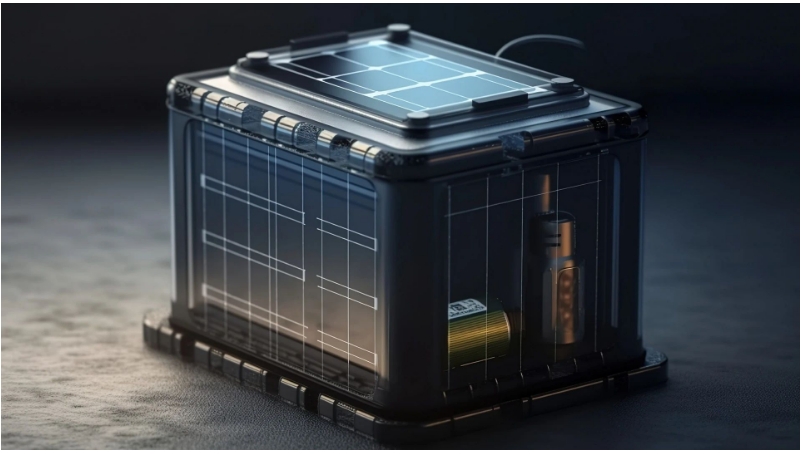Lead-acid batteries are generally not as heat-resistant as some other types of batteries, such as lithium-ion batteries. High temperatures can have an impact on the performance and lifespan of lead-acid batteries.
- Temperature Sensitivity: Lead-acid batteries are sensitive to temperature extremes. Both high and low temperatures can affect their performance. High temperatures can accelerate chemical reactions within the battery, leading to increased self-discharge and reduced overall lifespan.
- Ventilation Requirements: Lead-acid batteries often require proper ventilation to dissipate heat generated during charging and discharging processes. Overheating can occur if the battery is not adequately ventilated, potentially leading to performance degradation and reduced lifespan.
- Reduced Capacity at High Temperatures: Lead-acid batteries may experience a reduction in capacity and efficiency at elevated temperatures. This can impact their ability to deliver the expected power output.
- Water Loss: High temperatures can lead to increased water loss through evaporation in flooded lead-acid batteries. This may necessitate periodic topping up of distilled water to maintain proper electrolyte levels.
In applications where heat resistance is a critical factor, other types of batteries, such as lithium-ion batteries, may be preferred. Lithium-ion batteries generally exhibit better high-temperature performance and have a higher energy density. However, it’s essential to follow the manufacturer’s guidelines and specifications for any type of battery to ensure safe and optimal operation within specified temperature ranges.


